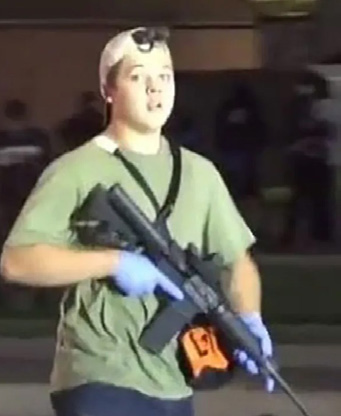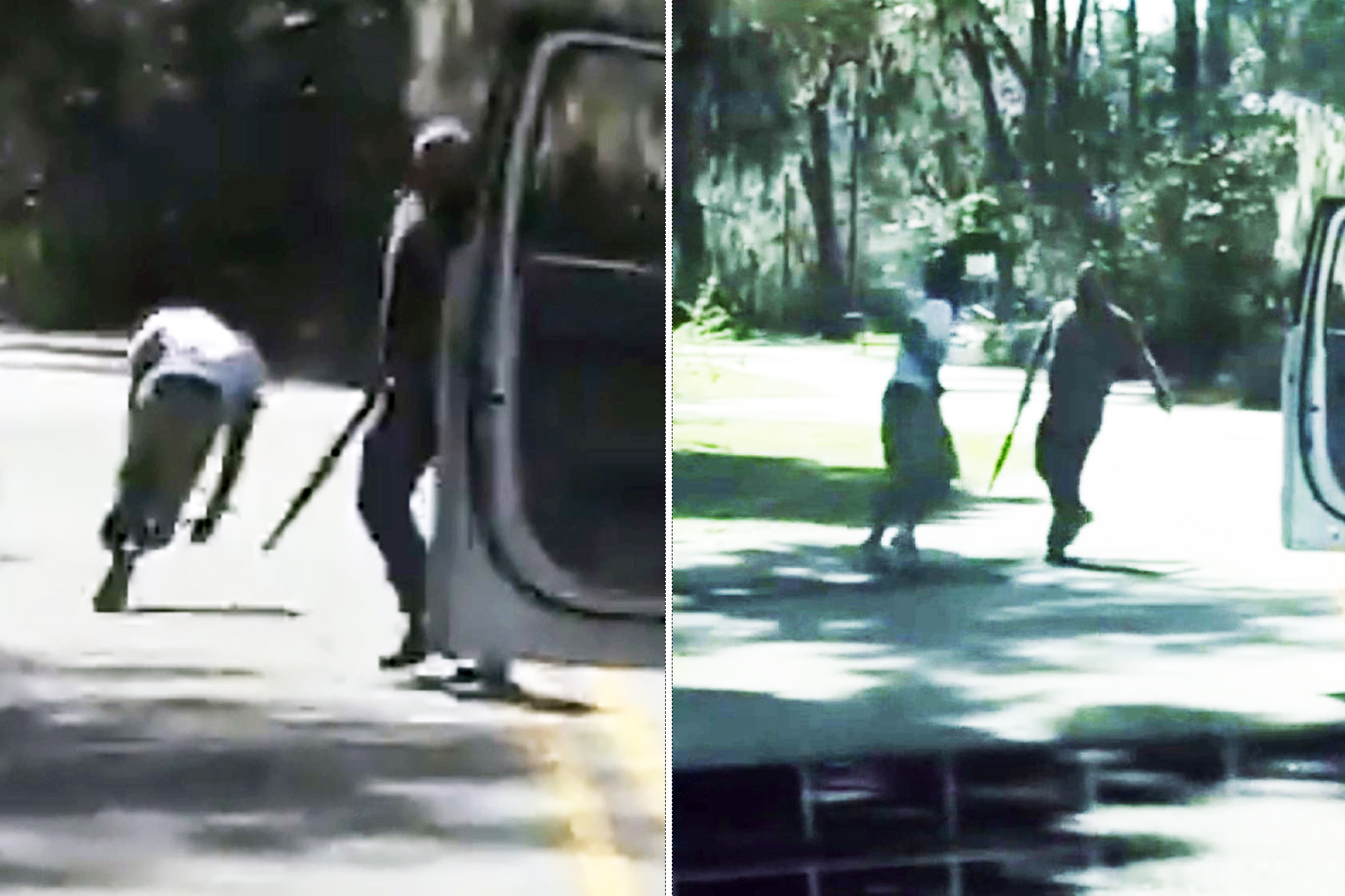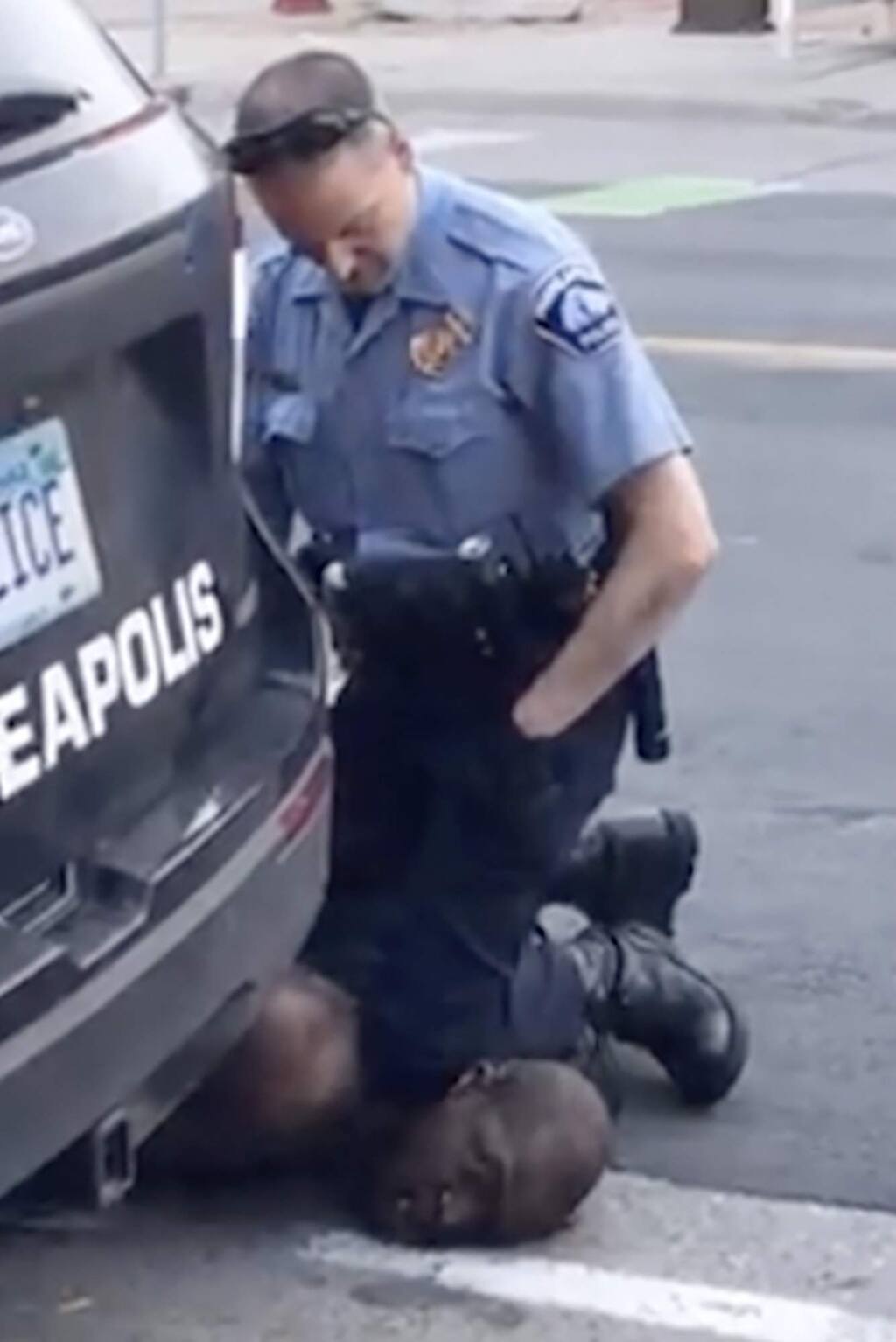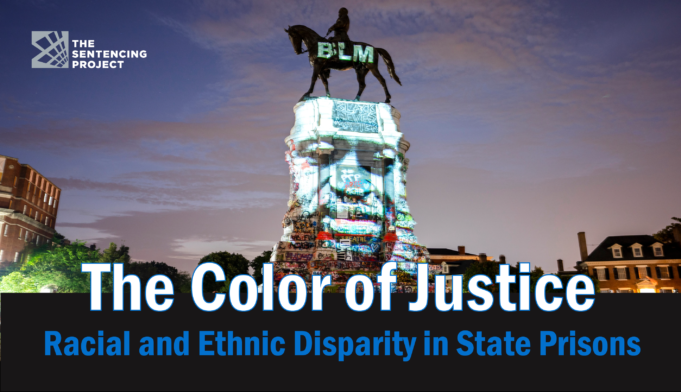
A year removed from the George Floyd atrocity, expectations were high in 2021 for many in the Black community who had hopes and expectations for substantive policing and criminal justice reform. Yet as it turned out once again it was misdirection, empty promises, and little or no change that Black folk received.
The federal government turned a deaf ear to comprehensive police and criminal justice reform. The crystal-clear message sent this year was that there is no interest in easing Black people’s daily pain and suffering.
Failure to pass the “George Floyd Justice In Policing Act 2021,” was just one of several setbacks and disappointments. This critical bill, in part, banned chokeholds and would have ended qualified immunity for police officers. It passed the Democratic-majority House of Representatives on a mostly party-line vote of 220–212 but fell on the sword in the Senate in September, where it was blocked in the evenly divided Senate due to strong opposition from Republicans. The bill, for many, represented a chance at real reform as it targeted police misconduct, excessive force, and racial bias in policing.

Rochelle Bilal, president of the Guardian Civic League and current sheriff of Philadelphia, told The Final Call she had seen very little in criminal justice reform this year. “I’m not sure about reform in the form of policy and legislation. I don’t see that,” she said.
“I see progressive district attorneys around the country begin to deal with some of the issues such as crime policies on the ground—reforming bail practices, refusing to prosecute low-level drug crimes, and promoting more transparent prosecution policies. I have not seen anything major as far as criminal justice or police reform,” she added.
According to the Prison Policy Initiative which advocates for the end to mass incarceration, their work in 2021 exposed little-known forms of exploitation behind bars including: the failure of prison system responses to Covid-19 and the struggle of poor people locked up to gain access to basic necessities.
This year The Sentencing Project in its publication “The Color of Justice” by Dr. Ashley Nellis found:
- Black Americans are incarcerated in state prisons at nearly five times the rate of White Americans.
- Nationally, one in 81 Black adults in the U.S. is serving time in state prison. Wisconsin leads the nation in Black imprisonment rates; one of every 36 Black Wisconsinites is in prison.
- In 12 states, more than half the prison population is Black: Alabama, Delaware, Georgia, Illinois, Louisiana, Maryland, Michigan, Mississippi, New Jersey, North Carolina, South Carolina, and Virginia.
- Seven states maintain a Black/White disparity larger than 9 to 1: California, Connecticut, Iowa, Maine, Minnesota, New Jersey, and Wisconsin.
Although the former Minneapolis police officer Derek Chauvin was convicted for murder in George Floyd’s death, a rare instance where a cop was held accountable for a crime against an unarmed citizen, “the fight for racial justice within the criminal legal system continues,” the report noted.
In October federal prosecutors announced they would not file charges against a White police officer who shot and paralyzed a Black man, Jacob Blake, in Kenosha, Wisconsin, last year. The shooting sparked massive protests in which Kyle Rittenhouse, a White teen shot three people, killing two, during one of the demonstrations. Mr. Rittenhouse claimed he was in Kenosha to help protect property from protestors and shot in self-defense after he was attacked. He was acquitted in November.
In September, a Colorado grand jury indicted three police officers and two paramedics on charges including manslaughter and criminally negligent homicide stemming from the death of Elijah McClain. The young Black man, died in 2019 after being restrained by the police officers. No hearing dates have been announced. Officials in Aurora finalized an agreement on Nov. 19 to pay $15 million to the family of Elijah to settle a federal civil rights lawsuit.

Activists during the year also continued advocating for Black political prisoners locked up in U.S. prisons including: Mumia Abu-Jamal, Ruchell Magee, Dr. Mutulu Shakur, Russell Maroon Shoatz and American Indian Activist Leonard Peltier and many others.
Abdul Arif Muhammad, Student General Counsel for the Honorable Minister Louis Farrakhan and the Nation of Islam, was quite clear in his frank assessment of America’s criminal justice system during an interview with The Final Call. “It looks like for Black people in terms of justice, what it has always looked like since we were brought here in slavery.
In the words of Chief Justice Roger Taney in the famous Dred Scott decision of 1857, Black people were unfit to associate with White people, either in social or political relations, and so far inferior; they had no rights which the White man needed to respect.”
That mindset shapes every institution of this country, explained Atty. Muhammad. “It’s certainly shaping the thinking today. So that’s where we’ve been. That’s where we are in 2020 and 2021. And that will continue,” he added.
For The Black community 2021 represented business as usual in the ongoing fight for real justice and for some advocates and activists a “wish list” for change remains the same for 2022, including:
Immediately stop federal executions—and end the death penalty
Free the wrongly convicted
Reform policing
Invest in community-based mental health and drug rehabilitation services.
Develop meaningful reentry services
End cash bail and other policies that criminalize poverty.
Michael Gwin, a White House spokesperson, told NPR in a written statement that President Joe Biden has taken steps to reform the system “since his first day in office.”
“This includes restoring the Department of Justice’s Office for Access to Justice, implementing new restrictions on chokeholds and no-knock warrants for federal law enforcement, ending contracts with private detention facilities, and expanding access to reentry services for formerly incarcerated individuals,” Mr. Gwin said. However, observers note more needs to be done. For example, the White House hasn’t taken any action to fill vacancies on the Sentencing Commission, which sets federal sentencing guidelines for many crimes, noted NPR.

Nation of Islam Student National Prison Reform Minister Abdullah Muhammad cited the continued discrepancy in sentencing between crack and powdered cocaine offenses. Postering Democrats are in control of Congress but have done little or nothing to promote the EQUAL Act legislation that would address the penalties for crack and powder cocaine, he explained.
“It disproportionately affects Black people,” he said. “Powder cocaine is not under mandatory minimum sentences. With as little as one gram of crack, you can be given a life sentence. Those discrepancies in the law have punished Black people more harshly than White people for decades,” he noted.
“So, when the police (slave catchers) arrest you, you are sentenced as a slave under the 13th Amendment. You work for corporations for slave wages of 20 cents an hour. In 2021, Black people received a modicum of justice in the cases of Brother George Floyd and Ahmaud Arbery. Still, the criminal justice system has not changed,” he said.
There has been some action on the state and local levels. They have initiated task forces to review police practices. Many cities are now requiring de-escalation training and the implementation of a use of force continuum. However, critics argue in reality, these actions have done nothing to promote genuine reform.
Houston-based attorney Pamela Muhammad told The Final Call people must understand that the system’s root is overt racism. “So, you’re not going to get any policing reform. The police are doing what they’re supposed to do based upon the overt racism that’s rooted in this system,” she said.
“According to FBI statistics, there was a nearly 40 percent spike in hate crimes against Black people. This speaks volumes to the mindset this country has against Black people,” said Atty. Pamela Muhammad. “Black people are perceived as more criminal. A report came out; I think this year or last year just laid bare. That’s how they feel, and it comes from slavery,” she said.
Attorney Arif Muhammad was quite candid in terms of the ultimate solution for Black people in 2021 and beyond. “For Black people, the only solution is separation, so says the Honorable Elijah Muhammad and the Honorable Minister Louis Farrakhan. We had a Holy Day of Atonement in 2017 called Separation or Death. It’s where we are.”













